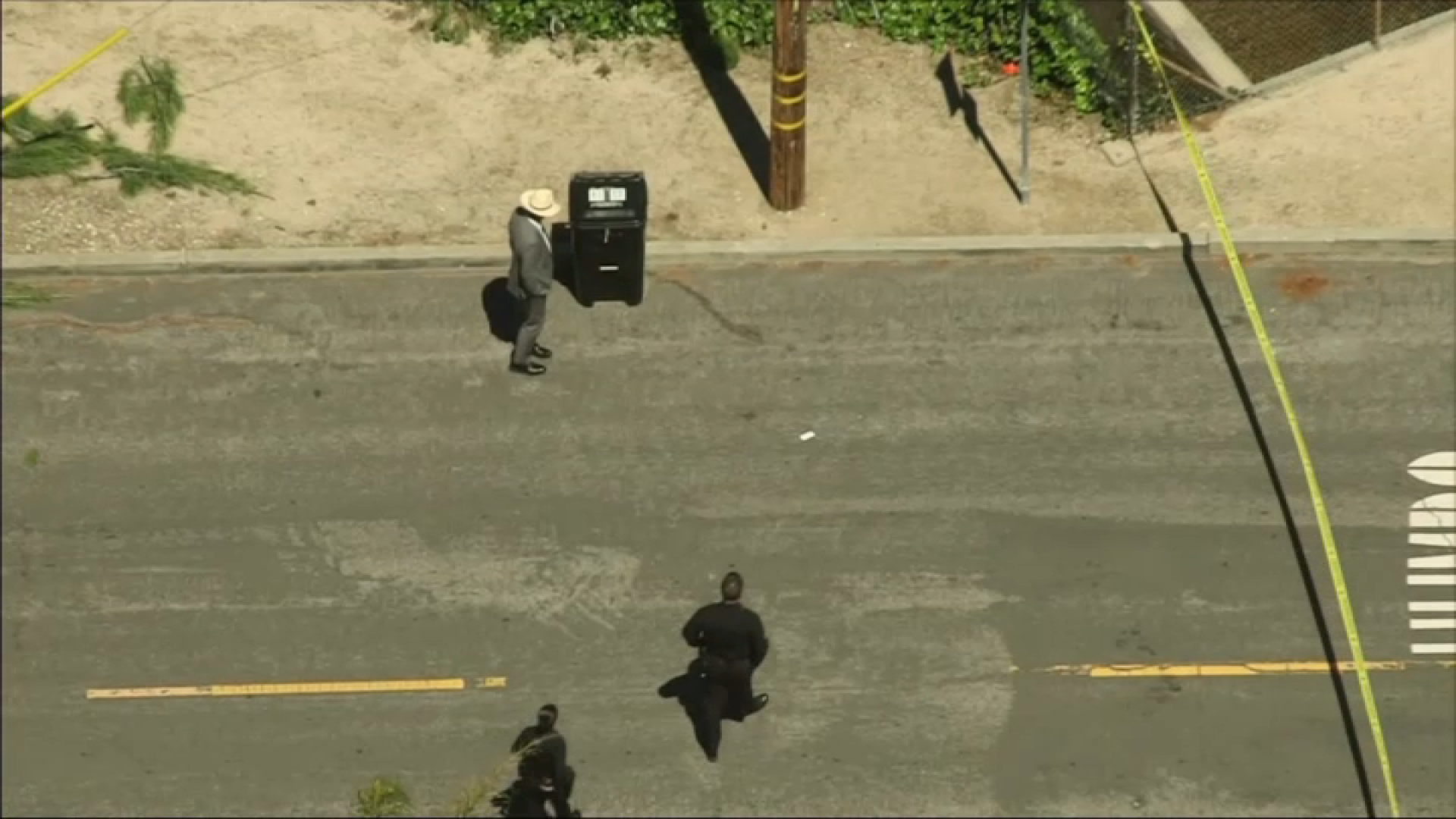Hundreds of animal rights activists are expected at the Staples Center Wednesday night at 6 for what they dubbed "The Greatest Circus Protest on Earth" to oppose Ringling Bros. and Barnum & Bailey's five-day, 11-show Los Angeles lineup, claiming inhumane treatment of performance elephants.
"We want people to know about the cruelty and violence that goes on behind the scenes," said Lindsay Rajt, spokeswoman for PETA, one of the organizations slated to demonstrate. "These animals are kept in chains and tiny cages, they're hauled around the country for 50 weeks out of the year."
Ringling Bros. Circus opened 143 years ago to become one of the largest circus operations in the United States, and they are no stranger to opposition from animal rights groups.
"If people know that (the animals) were denied everything that was natural to them, we hope that if they already bought tickets that this would be their last circus," Rajt said.
England, Denmark, Finland, Bolivia and Costa Rica, to name a few, have restricted the use of wild animals in circuses. The U.S. does not have a blanket ban on the matter, although some municipalities have incorporated codes to prohibit their exhibition.
Pasadena, for example, prohibits the display of wild or exotic animals, such as bears, elephants, camels and non-human primates, on public property.
While activists would prefer to see elephants exempt from performing at all, Ringling Bros. showcases the highly endangered Asian elephants before about 1 million spectators annually, and the circus is not particularly threatened by the ideology.
Local
Get Los Angeles's latest local news on crime, entertainment, weather, schools, COVID, cost of living and more. Here's your go-to source for today's LA news.
"We respect their opinion, but on the other hand, we are a for-profit company," said Trudy Williams, manager of animal stewardship at Ringling Bros. "We do our best to make sure we take care of (the elephants) properly."
Rajt said circuses use animals for profit and allow meeting the bottom line to overrule animal welfare, particularly when it comes to training elephants to perform.
Ringling Bros. uses a combination of positive reinforcement and training tools to achieve the desired actions from their animals, Willliams said. These include using cotton ropes tied to elephants' feet and bullhooks, a stainless steel, cane-like stick used to corral elephants.
PETA has criticized these methods as cruel, but Williams said they are harmless training tools that do not cause the animals stress.
Three performing units travel under the Ringling Bros. banner via train and truck to perform in cities across the country. One traveling band, the blue unit, carries 10 elephants. Another, the gold unit, transports three.
Angelenos attending one of the Staples Center performances this weekend will see the red unit, comprised of tigers, horses and eight elephants.
Lack of regulatory officials has also caused the animal rights community to combat the industry. Rajt said federal regulations, such as the Animal Welfare Act, are barely enforced due to insignificant staff.
Five veterinarians are assigned to care for Ringling Bros.' 21 travelling elephants and 26 elephants housed at their Center for Elephant Conservation in Florida, Williams said.
Fifteen staff members travel with the shows, arriving early at performance destinations to set up outdoor pens for the elephant performers, who can weigh up to 12,000 pounds.
Opponents complain that these extra-large mammals are not provided with enough room to live comfortably, exercise and roam, indulging their natural instincts. But circus officials claim they do the best with the space they have.
"The size (of the yard) is not as important as the enrichment (we) do in the yard," Williams said.
Elephants are given tires and sand with which to play, and wooden pallets to stand on as an ergonomic alternative to concrete that usually makes up the yard floor, she added.
Ringling Bros. elephants are transported in 90-foot by 12-foot cars with water on board, and are walked from the train to the venue, but activists do not think this is enough.
Rajt said the animals' best option outside of circus-life is to go to a sanctuary, where they could socialize with members of their species in a natural atmosphere.
"The best way to learn about animals is to see them in their natural habitat," she said. "Circuses force animals to perform in unnatural environments."
Williams said elephants perform as long as they are healthy and able, but a 1973 act prohibits Asian elephants to be imported into the U.S., so the animals are traded among circuses and bred at conservations like Ringling Bros.' in Florida.
All elephants born on the reserve, about 23 since it opened in the early 1990s, are observed as potential talent, with experts critiquing the animals' comfort level around crowds.
"We'd love for all of the elephants to be performers, but if they don't work out, they don't have to," Williams said.



